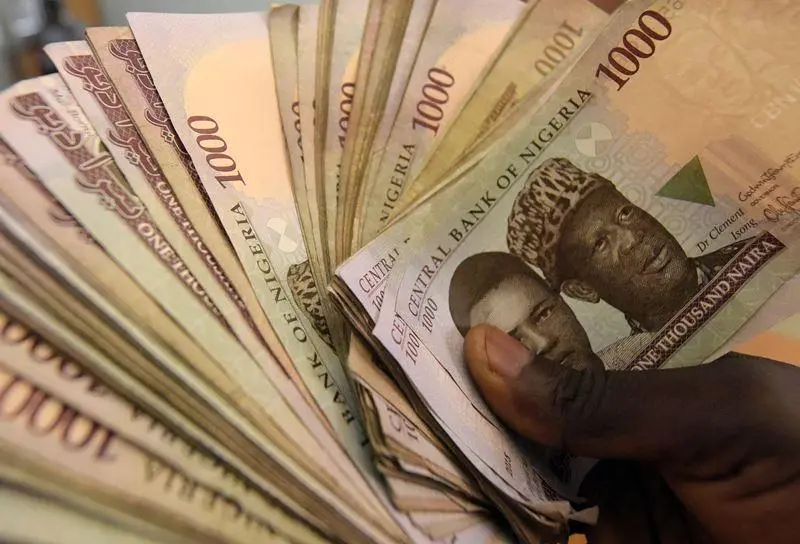The Central Bank of Nigeria has decided to extend the validity of the old N200, N500, and N1,000 notes indefinitely.
This move, announced by the apex bank’s Director of Corporate Communications, Isa AbdulMumin, through a statement titled “CBN To Allow Old Design Naira Banknotes As Legal Tender, Ad Infinitum” on Tuesday, is aimed at aligning with international best practices and preventing the recurrence of challenges encountered in previous implementations of such policies.
The decision to maintain the legal tender status of the old design denominations comes after the introduction of redesigned N200, N500, and N1,000 notes in October 2022, accompanied by specific deadlines for phasing out the old design notes.
AbdulMumin’s statement emphasized the central bank’s commitment to international standards, stating, “Without prejudice, the Central Bank of Nigeria wishes to inform the general public of its desire to extend the legal tender status deadline of the old design of N200, N500, and N1,000 denominations; ad infinitum.”
Highlighting the central bank’s compliance with the CBN Act 2007, the statement ensured that all banknotes issued by the Central Bank of Nigeria would continue to be recognized as legal tender indefinitely, surpassing the initial deadline of December 31, 2023.
Furthermore, efforts are underway to address a prevailing court ruling on the matter. The central bank is collaborating with relevant authorities to navigate through the legal complexities associated with the extension of the legal tender status for the old design notes.
The statement clarified that all branches of the Central Bank of Nigeria throughout the country will persist in both issuing and accepting all denominations of Nigerian banknotes, whether old or redesigned, to and from deposit money banks. The general public is urged to accept and handle Naira banknotes, regardless of their design, with care to ensure the longevity of these notes.
As part of its strategy to encourage modern payment methods, the central bank advised the public to embrace alternative modes of payment and electronic channels for day-to-day transactions. This move aligns with the global trend towards digital and cashless transactions










More Stories
Tinubu sacks NNPCL CEO Mele Kyari, replaces him with ex-Shell MD, Ojulari
Customs commences implementation of zero tax on imported pharmaceutical inputs for two years
NNPC’s termination of Naira for crude deal with Dangote heightens FX demand, as Naira weakens